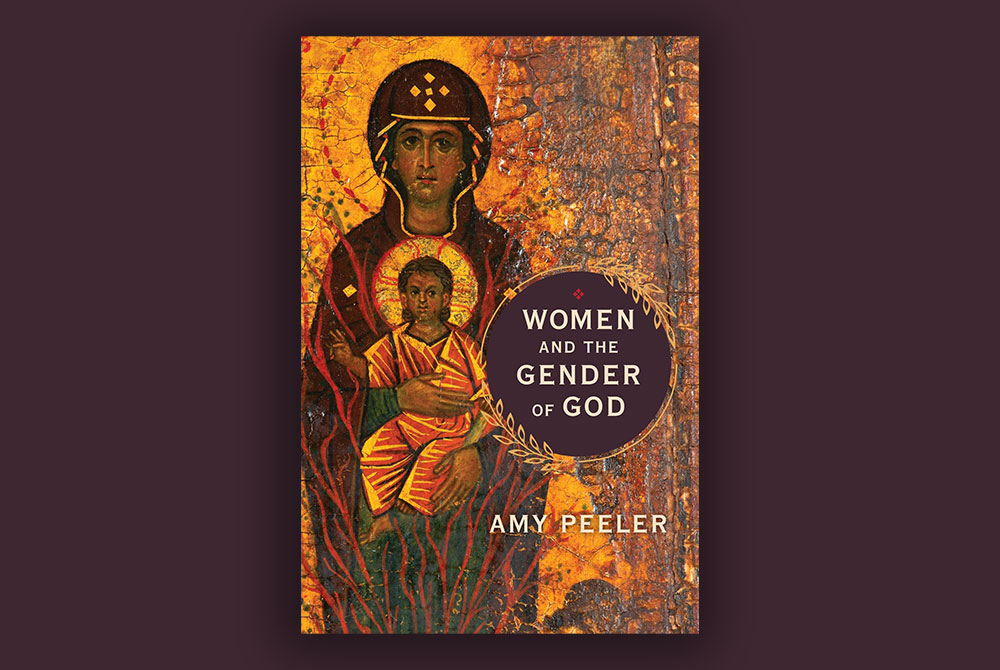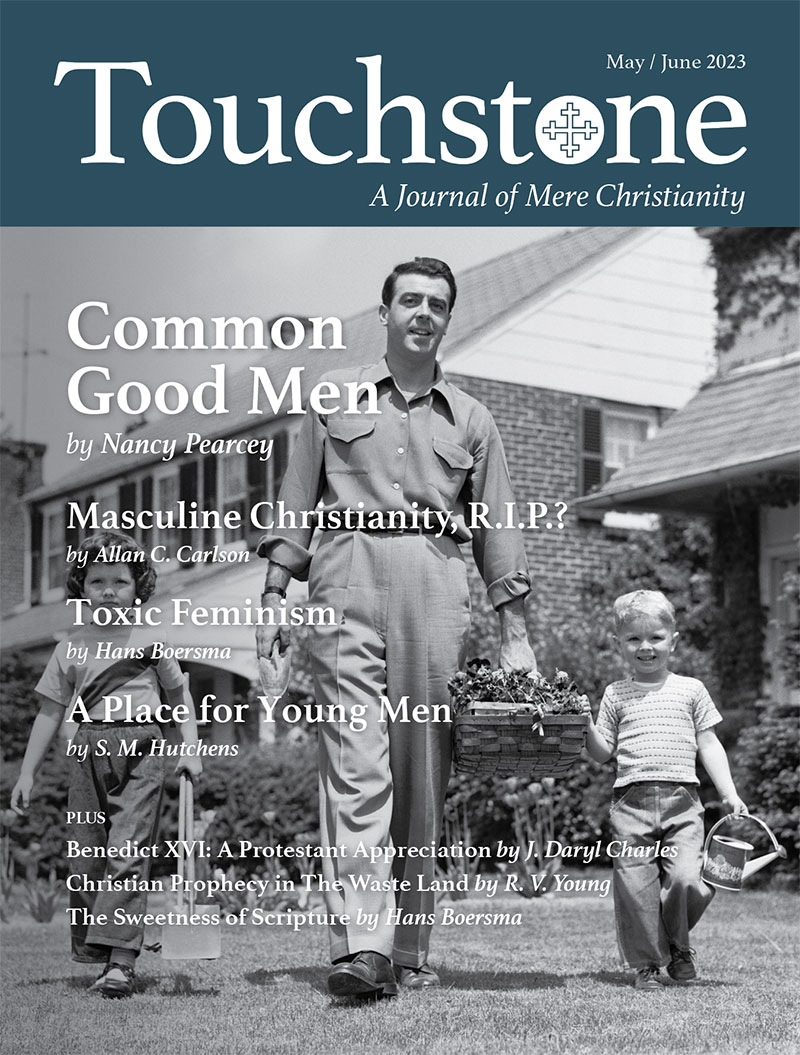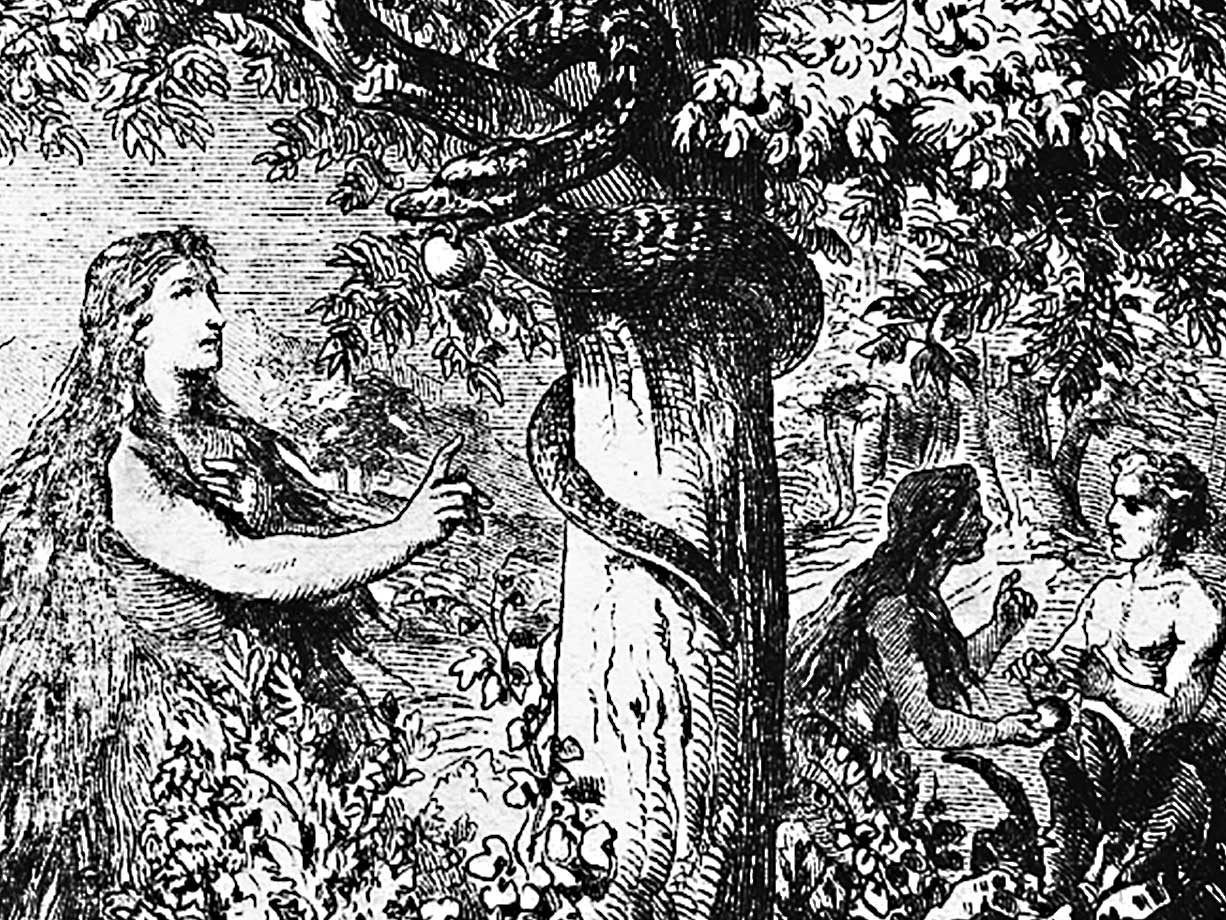Getting God Right?
Women and the Gender of God by Amy Peeler
Eerdmans, 2022
(286 pages, $24.99, paperback)
Christians roundly affirm that God values women—or so one might think. No, contends Amy Peeler, associate professor of New Testament at Wheaton College. The church’s chronic “failures against women proceed unabated, sometimes malicious and predatory, sometimes subconscious and unintended, practiced by both men and women, on each other and on themselves” (1). Therefore, she deems her conviction that God indeed does value women as an “audacious claim” (7).
The church’s failures are multicausal, notes Peeler, but essentially the problem “is that Christianity often gets God wrong” (2). Namely, misconceptions of divine paternity perpetuate the notion of an oppressive masculine deity that privileges males and disempowers females. So Peeler ventures to the doctrinal center of the faith—the Incarnation of Jesus Christ—to advance three affirmations she considers essential to getting God right: God the Father is not male; God’s actions toward the Virgin Mary provide the standard for God’s actions with all women; and God the Son is male like no other (4).
Getting Gender Right?
Peeler develops these affirmations by discussing sex, gender, and roles relative to both Mary and God (5). Theology proper and that chaotic contemporary pseudoscience called “gender studies” are, for Peeler, necessary companions (188). And because she enshrines this bond between gender and God in the very title of her book, one expects a working definition of gender, presumably up front. Tellingly, Peeler provides none—only a note of admiration for Judith Butler’s work on sex and gender (5n10).
Butler is an architect of third-wave feminism and queer theory intent on dislodging gender from biological sex. She views maleness and femaleness not as stable realities rooted in divine design and human nature, but as malleable fictions constructed and policed by institutional agendas. Any fixed relationship between biological sex and sexual identity, or any fixed meaning ascribed to sexed difference is thus about power, not truth. Sexual identity is not received but achieved, an issue not of creational intent but human enactment—performativity. Gender, therefore, becomes a shapeshifting socio-political plaything that defies meaningful definition. Like Butler and most modern feminists, Peeler does not seem to recognize inherent meaning in male and female bodies. This profoundly impacts her view of gender and prompts her to exchange the lush expanse of human teleology for the barren confines of so-called gender roles.
Getting the Father Right?
Peeler tirelessly insists that the First Person of the Trinity is not male, though with no opponents in view but a child at her son’s birthday party, who said, “God is a boy” (187). Such shadowboxing is bizarre, since the entire Christian tradition unequivocally agrees that sex pertains to creatures, not the uncreated Father. Peeler, however, has two applications in view, both of which hollow out historic Christianity.
First, Peeler notes that “language for God in both Scripture and tradition . . . tilts overwhelmingly toward the masculine” and that “God does exhibit both masculine and feminine characteristics”; nonetheless, she asserts that “masculine conceptions of God are deeply problematic” (112). The contradiction is blatant. In what sense is God masculine, or how does he exhibit this? Clarity and specificity are conspicuously absent. Yet here Peeler is unambiguous: God’s initiating action toward humans must not be perceived as masculine. Mary’s story poignantly displays how this would posit God “as an aggressive sexual human male” (106). Further, claims Peeler, nothing about divine agency in creation, redemption, or even God’s inner triune life requires distinctly paternal language for the Trinity’s First Person (102–103).
Second, Peeler states, “God is Father because God causes a pregnancy” (20, emphasis added). She could hardly be clearer that calling God “Father” is right and good. But she finds “no justification” for this in the Son being eternally begotten of the Father, only in “Jesus’s decision” to speak this way (114). Peeler explains, “If the eternal relationship was the motivation, Jesus should call God ‘Father,’ or ‘Mother,’ or ‘Parent’ even. It must be the incarnation that narrows the fitting choice for divine address. Jesus does not call God ‘Mother’ because he already has one” (115, emphasis original).
John C. Clark is professor of theology at Moody Bible Institute and the author, with Marcus Johnson, of The Incarnation of God (Crossway, 2015) and A Call to Christian Formation (Baker Academic, 2021).
Share this article with non-subscribers:
https://www.touchstonemag.com/archives/article.php?id=36-03-040-b&readcode=10933
subscription options
Order
Print/Online Subscription

Get six issues (one year) of Touchstone PLUS full online access including pdf downloads for only $39.95. That's only $3.34 per month!
Order
Online Only
Subscription

Get a one-year full-access subscription to the Touchstone online archives for only $19.95. That's only $1.66 per month!
bulk subscriptions
Order Touchstone subscriptions in bulk and save $10 per sub! Each subscription includes 6 issues of Touchstone plus full online access to touchstonemag.com—including archives, videos, and pdf downloads of recent issues for only $29.95 each! Great for churches or study groups.
Transactions will be processed on a secure server.
more on feminism from the online archives
more from the online archives

14.6—July/August 2001
The Transformed Relics of the Fall
on the Fulfillment of History in Christ by Patrick Henry Reardon
calling all readers
Please Donate
"There are magazines worth reading but few worth saving . . . Touchstone is just such a magazine."
—Alice von Hildebrand
"Here we do not concede one square millimeter of territory to falsehood, folly, contemporary sentimentality, or fashion. We speak the truth, and let God be our judge. . . . Touchstone is the one committedly Christian conservative journal."
—Anthony Esolen, Touchstone senior editor













